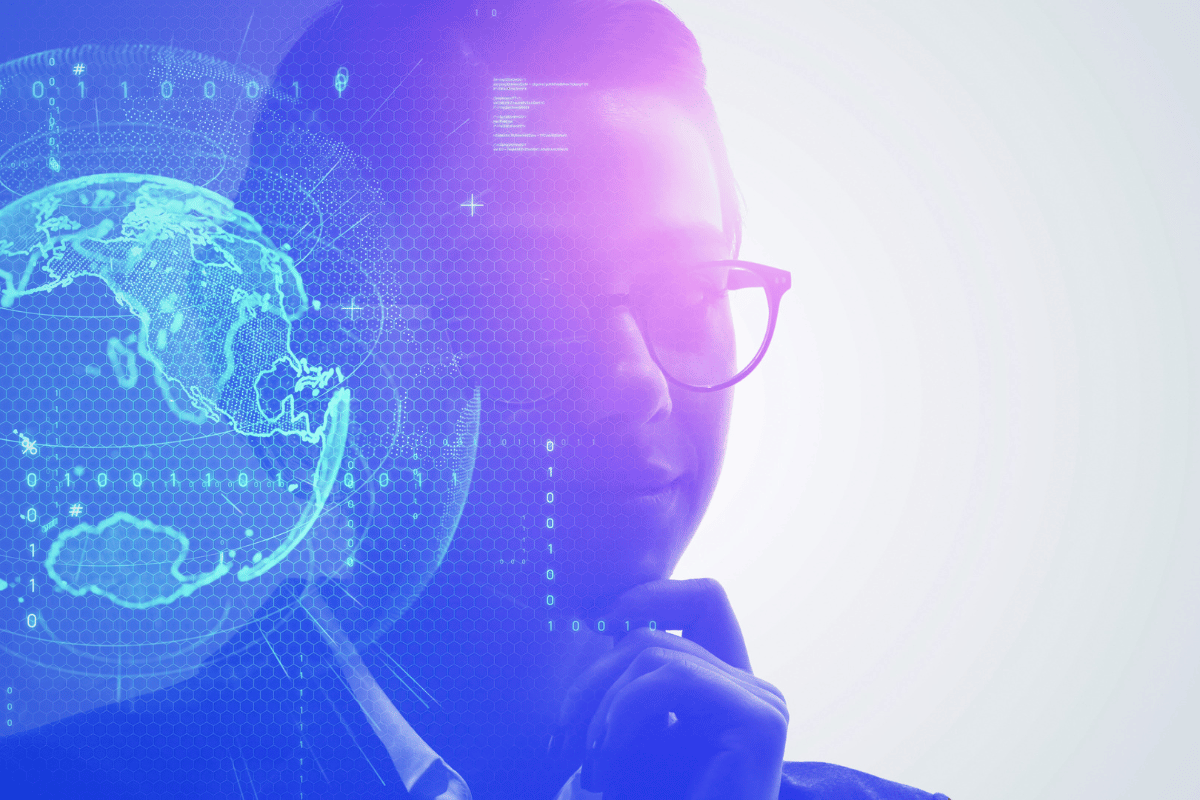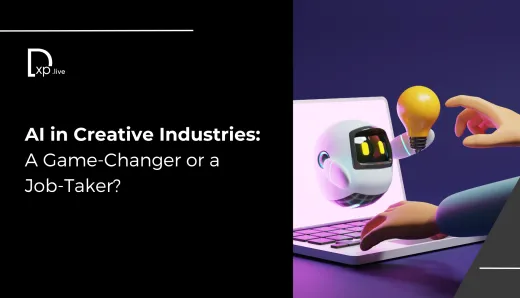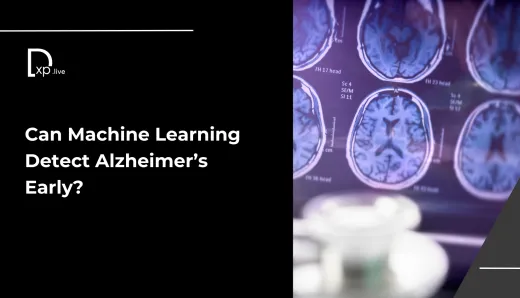Can AI Dispel Conspiracy Theories? A Revolutionary Approach

In a time where misinformation spreads faster than ever, the idea that artificial intelligence (AI) could reduce belief in conspiracy theories is as revolutionary as it is thought-provoking. From false narratives like the moon landings being faked to the baseless claim that Covid vaccines contain microchips, conspiracy theories have a profound impact on society. The rise of AI systems, such as DebunkBot, has introduced a new avenue to combat this misinformation, and recent studies suggest that AI could be effective in altering these deeply held beliefs.
The study by researchers from American University, led by Dr. Thomas Costello, reveals that AI can provide personalized, fact-based counterarguments that challenge these erroneous beliefs. This finding is not only significant but disrupts long-standing assumptions about the futility of changing a conspiracy believer’s mind. Historically, conventional wisdom has held that evidence and arguments rarely sway someone who is committed to a conspiracy theory. However, AI’s ability to tailor responses based on the believer’s specific views introduces a new strategy—one that leverages critical thinking, empathy, and evidence to encourage skepticism.
In a world where individuals cling to conspiracy theories for various reasons—often as a way to regain control or make sense of uncertainty—AI provides a unique opportunity. It goes beyond presenting facts and figures; it engages in a conversational manner, understanding the beliefs of the person on the other side and crafting responses accordingly. This emotional AI approach is what sets it apart from traditional methods of debunking.
The study, which involved over 2,000 participants, had believers in conspiracy theories discuss their views with an AI system. The results showed that those who engaged in a conversation with AI about their conspiracy theory saw an average 20% drop in their belief that the theory was true. The effects even held for up to two months, indicating that AI has the potential for a lasting impact. Crucially, this wasn't just a blanket refutation of their ideas—it was personalized, empathetic, and specific to their particular belief system.
What makes this finding particularly important is that the impact of AI doesn’t just stop at reducing belief in one conspiracy theory. The study indicated that weakening belief in one falsehood can, in turn, reduce the likelihood of believing in other conspiracy theories. This cascading effect is crucial in a world where misinformation spreads across a wide range of topics—from public health to political discourse.
However, there are still questions and challenges. As noted by critics like Prof. Sander van der Linden of the University of Cambridge, it's uncertain whether people would voluntarily engage with AI in real-world settings, especially when they are deeply invested in their beliefs. Furthermore, could similar results be achieved if participants spoke with an empathetic, anonymous human rather than AI? While AI is precise and scalable, the human touch still holds value, particularly when dealing with emotional and psychological needs tied to conspiracy beliefs.
This leads to another point of concern: trust in AI. While the study showed that AI can be effective, the level of trust participants had in the technology played a role in the outcome. For AI to become a real-world tool in battling misinformation, users must trust the technology—not just the arguments it presents but the system as a whole. This is where emotional AI comes into play, blending empathy with fact-based rebuttals, a strategy that could potentially foster more trust in the system and lead to more engagement.
The study’s findings open the door to exciting possibilities in the fight against misinformation, but they also raise important ethical and societal questions. Should AI become the frontline defense against conspiracy theories, or should it be an auxiliary tool? The risk of over-relying on AI to change beliefs must be considered, as it could lead to unintended consequences. For instance, how do we ensure that AI doesn't reinforce biases or inadvertently create a reliance on technology to counter human thought? The delicate balance between using AI for good and preventing potential misuse must be at the forefront of this conversation.
At the same time, there is no denying the potential real-world applications of AI like DebunkBot. Imagine a scenario where AI is embedded within social media platforms, identifying and responding to conspiracy theory-related posts in real-time. This could help mitigate the rapid spread of misinformation while offering users fact-based, personalized responses that encourage critical thinking. However, for this to be successful, transparency and ethical considerations must be baked into the system. Users should know they are interacting with AI and understand the purpose behind its engagement.
Ultimately, the use of AI to challenge conspiracy theories represents a shift in how we think about misinformation. It's not about overwhelming people with evidence and facts but meeting them where they are—understanding their belief systems and engaging in thoughtful, constructive conversations. This empathetic approach is what makes AI a potentially powerful tool in shaping public perception and promoting more informed, critical thinking.
As AI continues to evolve, so too will its role in tackling some of society’s most pressing challenges. The fight against conspiracy theories and misinformation is just one example of how technology, when wielded thoughtfully, can pave the way for a more informed and rational world. Yet, it remains to be seen how willing society is to embrace AI in this capacity. Could this be the breakthrough we need in combating dangerous beliefs? The answer lies in how well AI can build trust and effectively engage with the very people it seeks to change.
Stay updated on AI's role in combating misinformation by following our latest articles and insights at digitalexperience.live!




